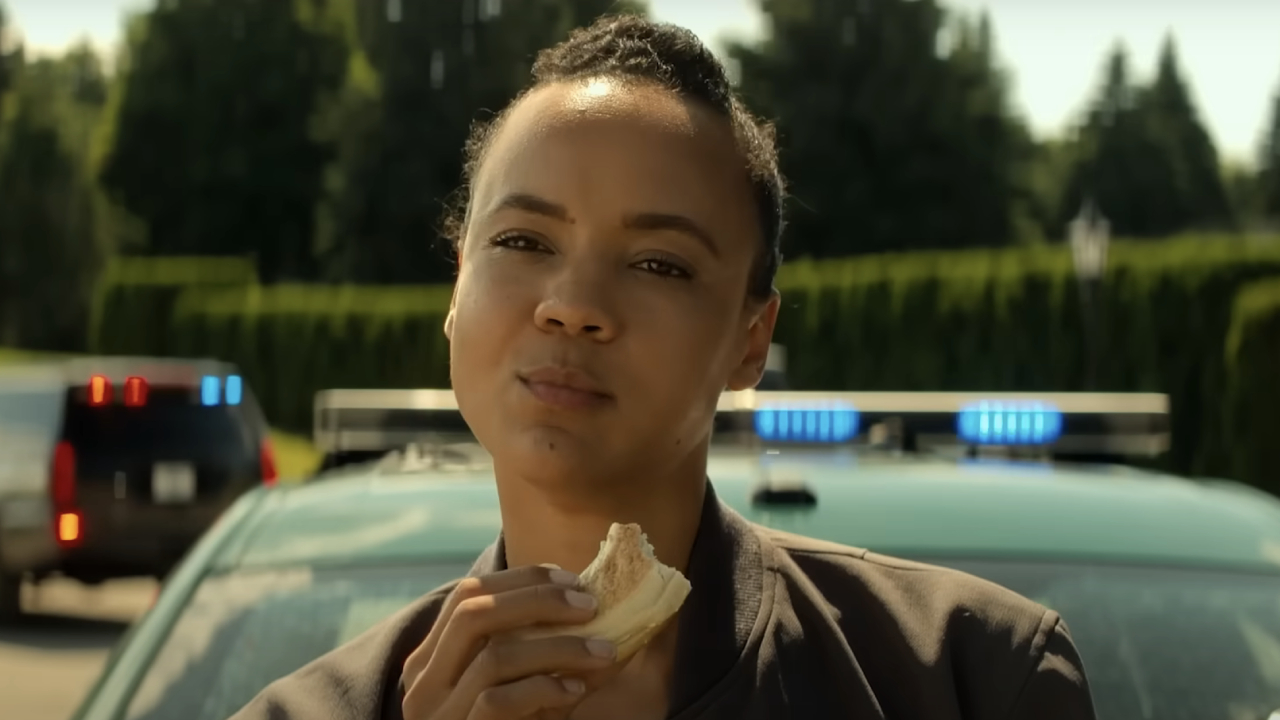I've Had Issues With Shows About Autism In The Past, But I Want To Talk About Why Love On The Spectrum Works
The best in reality dating.
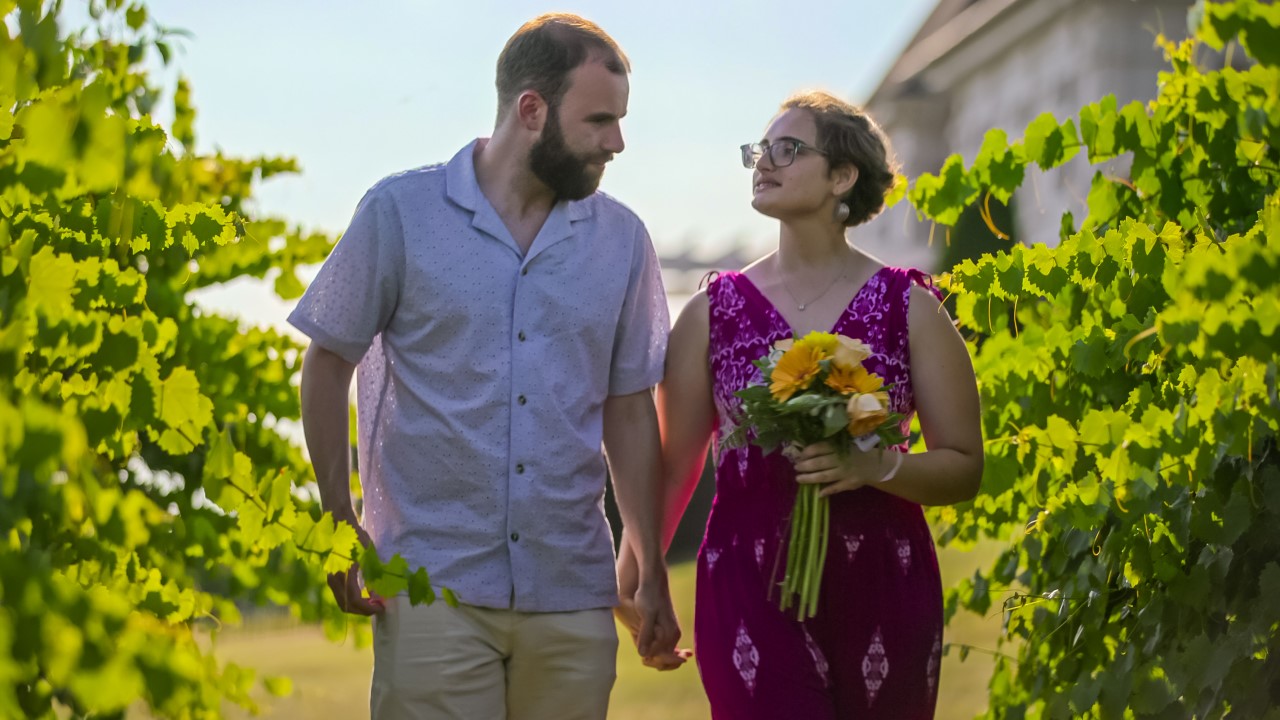
Your Daily Blend of Entertainment News
You are now subscribed
Your newsletter sign-up was successful
Love on the Spectrum has been one of the best shows to binge on Netflix for three seasons now, but even as the popularity of the series and its stars grew, I continued to scroll past until recently. As the parent of an autistic child, I’ve struggled to watch a lot of media centered around autism for several different reasons. However, after Love on the Spectrum Season 3 hit the 2025 TV schedule, I figured it was time to jump in. I’m so glad I did.
When it comes to seeing autism represented in media, I am 100% for representation. It’s important for people to recognize themselves in who they watch on TV, and it’s important to show what autism might look like in the real world. However, sometimes I get in my head about the stereotypes that are perpetuated or whether the person in question is being made fun of or exploited in some way. Love on the Spectrum was different, and here are some reasons why.
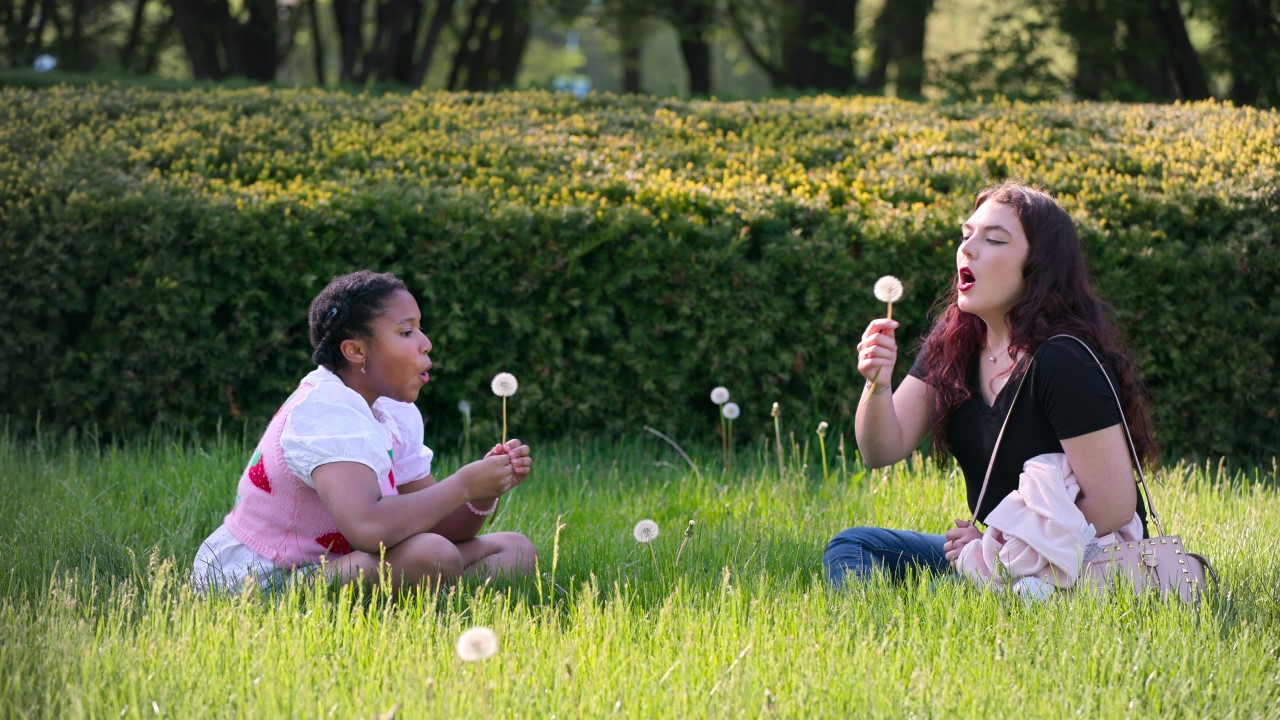
Love On The Spectrum Avoids Autism Stereotypes By Featuring A Diverse Cast
Autism is a pretty tricky thing to try to portray, especially in fiction, because one character on the spectrum isn’t going to be an accurate representation of every person with a diagnosis. I don’t enjoy watching characters with autism if generalizations about the disorder are the biggest aspect of their being.
Love on the Spectrum is able to challenge the stereotypes by showing so many different examples of what autism can look like. We see people of different ages and races from different backgrounds with different sexual orientations, and in none of those cases is their autism diagnosis the most interesting thing about them.
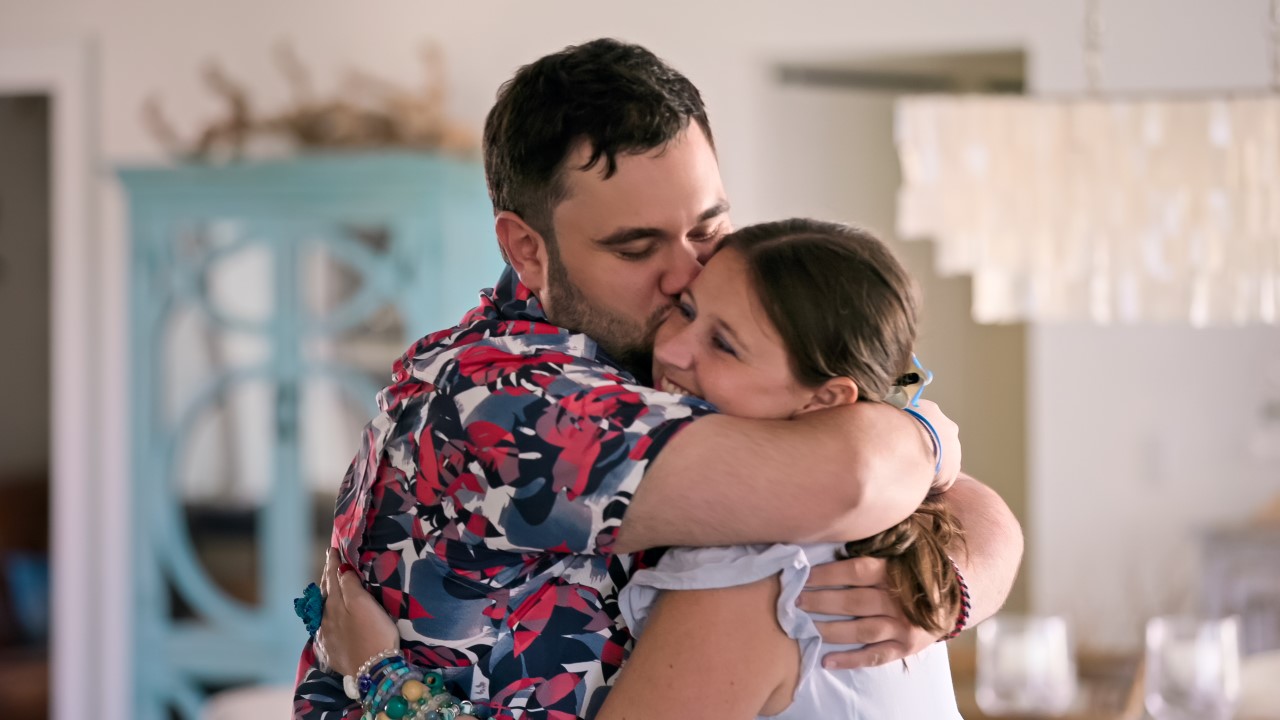
Love On The Spectrum Is Often Funny But Never Mean
I can admittedly be pretty sensitive when it comes to how neurodivergent people are treated, and I was honestly afraid Love on the Spectrum would feel like it was making fun of its cast members (as some reality shows tend to do). I didn’t find that to be the case, though.
There are plenty of laughs to be had — whether it’s Connor Tomlinson proudly saying he might “cop a feel” but not knowing what that meant, or watching the expression on Madison Marilla’s dad’s face each time she and Tyler started making out — but those laughs never feel like they’re at anyone’s expense. Creator Cian O'Clery treats his cast members with respect but still isn’t afraid to get a little quirky.
Take the intros before each date (apparently inspired by Amelié). Some of the likes and dislikes are pretty amusing (and often relatable), but it’s also such an ingenious way to give us a sense of someone’s personality before we’ve ever even really met them.
Your Daily Blend of Entertainment News
I also like that the cast’s well-being always seems to come first, like when Madison Marilla’s date Brandon needed to leave a restaurant that got too noisy or when autism expert Jennifer Cook reminded Tanner Smith that he didn’t have to smile all the time for people to like him. It also puts me more at ease knowing these are all adults giving their consent to be on TV, and I love that they’re enjoying the perks of being famous.
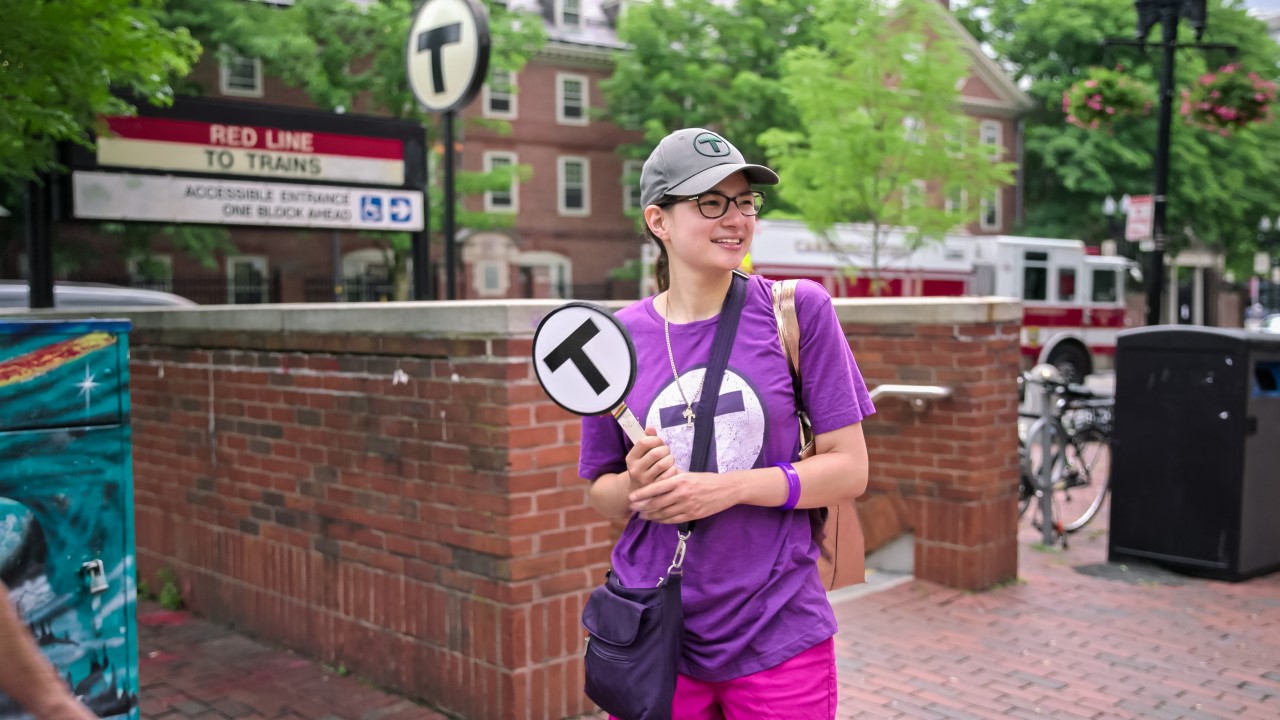
The Series Doesn't Shy Away From The Struggles But Also Encourages Special Interests
I feel like it’s often hard for shows featuring autistic TV characters to find the balance between portraying autism as too much of either a disability or a superpower, but Love on the Spectrum (available with a Netflix subscription) kind of shows both sides. Many of the cast members feel comfortable sharing the things they struggle with, and they’re also given the space to show off their special talents and interests.
I find it very enlightening to hear the cast members’ opinions about their autism in their own words, and I was constantly touched by how honest they were about their fears, whether that was not wanting to say something embarrassing on camera or running out of things to say on a date.
On the other side of that, I like that they’re never asked to temper their excitement about their interests — Abbey Romeo and David Isaacman have their lions (and even get to travel to Kenya); Dani Bowman has her animation; Pari Kim has the trains, etc. Other cast members are also allowed to show off their talents, but I don’t feel like it perpetuates the misconception that all people on the spectrum are savants.
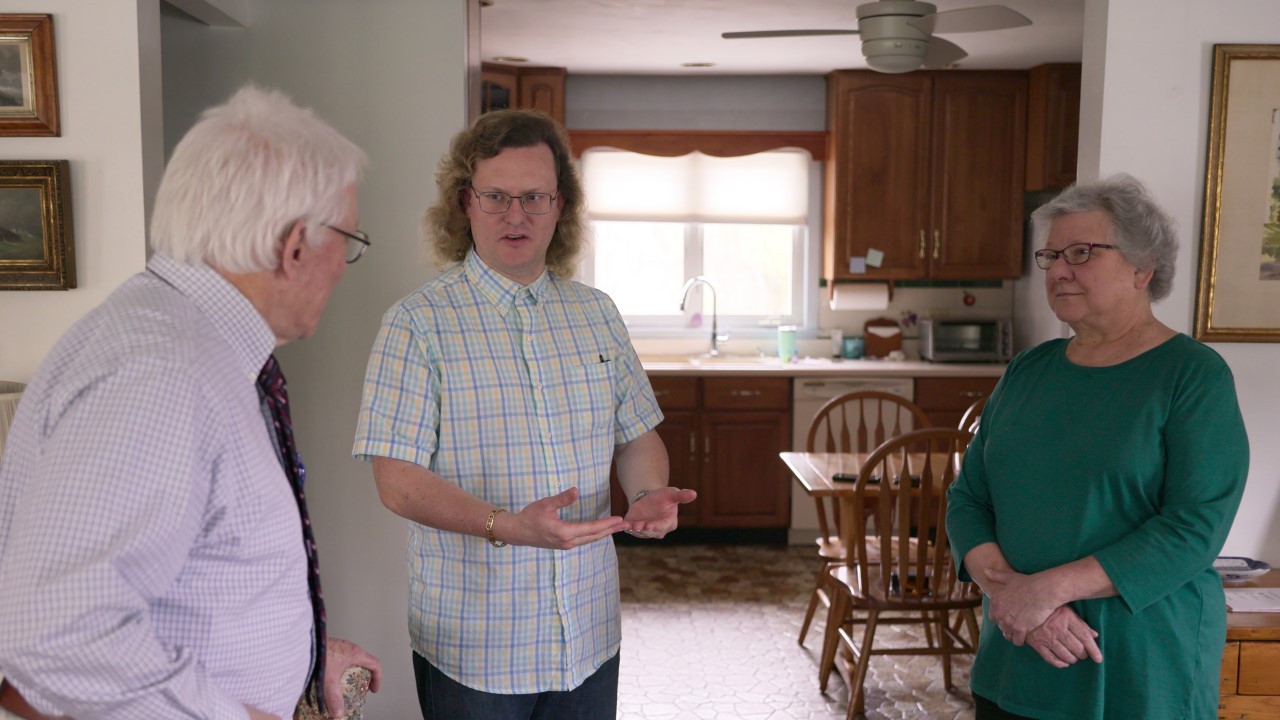
Having The Families And Friends Involved Gives Depth And Context To The Cast
One of the best parts of Love on the Spectrum for me is seeing how the cast members interact with their families. Seeing them in the comfort of their own homes and around the people who care about them most gives so much context to their lives that you don’t often get on reality TV.
These parents, siblings and friends are leading by example in how to treat people on the spectrum, and that doesn’t include condescending to them. I loved that they showed the gentle ribbing from family members, like Dani Bowman’s uncle chuckling over her misusing the phrase “mind in the gutter,” because that’s how families are, right?
I think it’s OK to laugh because there is so much love and patience and grace behind it all. I have adjusted the way I parent my children (autistic or otherwise) to best serve their individual needs, but we all still poke fun at each other. I just really enjoyed these authentic moments.
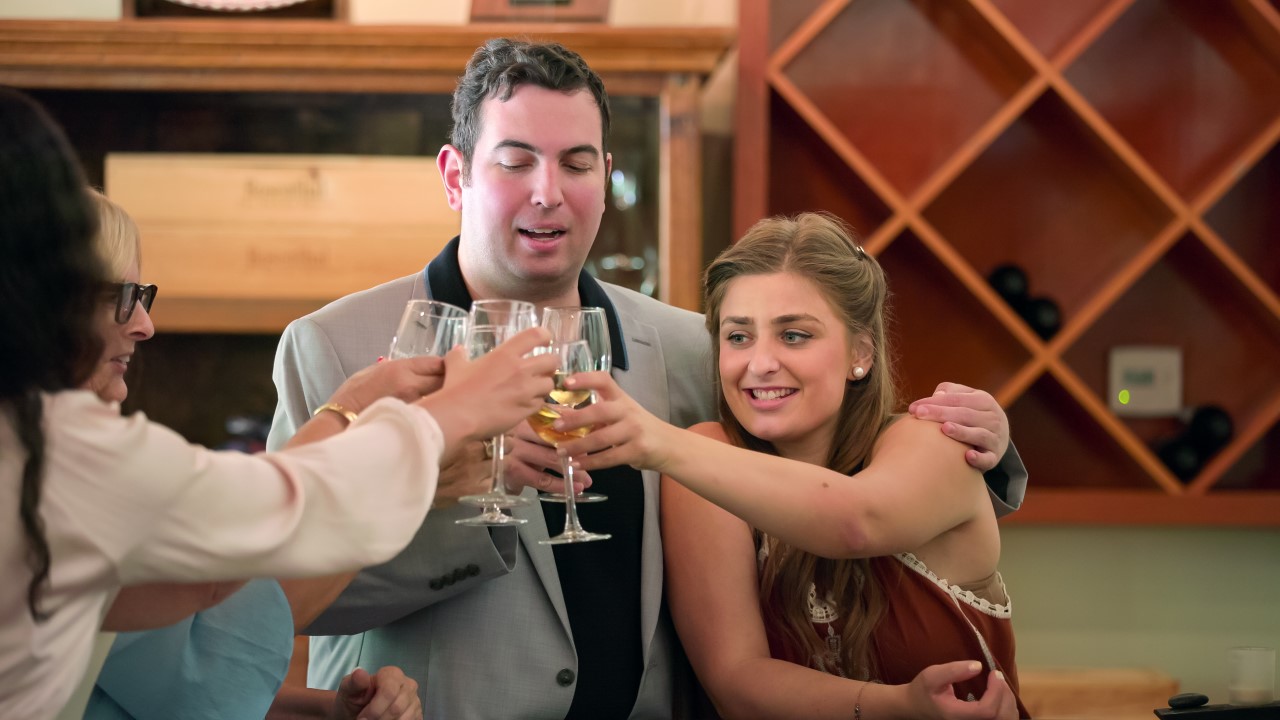
Love On The Spectrum Still Made Me Cry, But More Often Than Not, They Were Tears Of Joy
Another reason I sometimes avoid shows centering around autism is because they have a tendency to make me sad. In my down time, I don’t want to think about struggles my child has faced or might someday face, and I don’t want to see people on the spectrum getting hurt or bullied — even if the point is for them to eventually overcome it.
That doesn’t mean Love on the Spectrum hasn’t brought me to tears, but it's more the good stuff, like when Abbey Romeo’s mom cried because Abbey didn’t need her as much since she found David. I also cried (not happy tears) when James Jones’ mom got upset that her son hadn’t matched with anybody at speed dating. I guess it’s safe to say I related to the moms!
Overall, though, I found the series to be exponentially more uplifting than sad, and I think it has the potential to make people kinder, more understanding and more inclusive of those on the spectrum. My biggest takeaway from Love on the Spectrum is how brave all of the cast members are to share their stories with such vulnerability. There’s a lot to be learned about expressing honest emotion and allowing others to be themselves.
It really is the antithesis to other reality dating shows in that way, but it also proves that people on the spectrum face the same challenges as everyone else — from being nervous about running out of things to say on a date to coming up with the best words to gracefully end a relationship.
Not everyone is going to agree with my opinion on Love on the Spectrum, and that’s OK. I’m certainly no expert, and I've seen some valid concerns. For me, though, the show works because I feel the focus is ultimately on the cast members and their lives, not just their autism. Season 4 has been ordered by Netflix, so stay tuned for a premiere date.
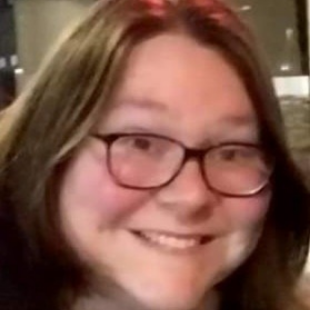
Heidi Venable is a Content Producer for CinemaBlend, a mom of two and a hard-core '90s kid. She started freelancing for CinemaBlend in 2020 and officially came on board in 2021. Her job entails writing news stories and TV reactions from some of her favorite prime-time shows like Grey's Anatomy and The Bachelor. She graduated from Louisiana Tech University with a degree in Journalism and worked in the newspaper industry for almost two decades in multiple roles including Sports Editor, Page Designer and Online Editor. Unprovoked, will quote Friends in any situation. Thrives on New Orleans Saints football, The West Wing and taco trucks.
You must confirm your public display name before commenting
Please logout and then login again, you will then be prompted to enter your display name.
